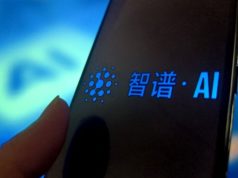U.S. iPhone owners are hoping that a court ruling in Denmark will carry over to a similar case in the U.S. At issue is the common practice by manufacturers to replace newly purchased phones with a refurbished model of the same handset. In the case in Denmark, a gentleman by the name of David Lysgaard purchased an Apple iPhone 4 back in 2011. The next year, he broke the phone and was told that he was receiving a new handset as a replacement. Eventually, he discovered that the replacement model he received was not a new unit at all, but was refurbished.
The Danish justices relied on the Danish Sale of Goods Act to rule that Apple can’t give a refurbished iPhone in exchange for a new one since the resale value is not the same between the two devices. While Apple argued that as the original device manufacturer it could certify that the parts in the refurbished phone were as good as new parts, the justices did not agree.
Using common sense, the three judges ruled that since the replacement iPhone 4 contained recycled or refurbished parts, it could not qualify as new. And if the phone is not new, it wouldn’t meet customers’ expectations. On the other hand, the court did not mention that the iPhone 4 had already been used before being handed over by Lysgaard for servicing. Apple plans on appealing.
A similar case in the U.S. has led to a class action suit being filed against Apple in the U.S. The claimants state in court filings that a refurbished model is “a secondhand unit that has been modified to appear to be new,” and thus cannot be as durable or as functional as a new unit. Like with the case in Denmark, the U.S. court will have to decide if “equivalent to new in performance and reliability” qualifies a refurbished phone to count as a new unit for purposes of service exchanges. These models do get a new screen, and recycled parts, but are usually offered to the public as a refurbished model, not as a new phone.
source: AppleInsider







